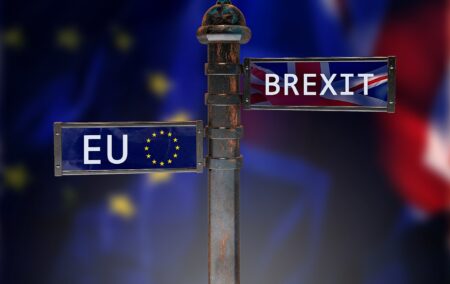With the next phase of Brexit negotiations due to start in February, tensions between the European Union (EU) and the United Kingdom (UK) on interpretation of the new relationship between them are mounting.
With Brexit finally expected to happen on 31 January, attention has moved to the next phase of negotiations between the United Kingdom and the European Union. The quest now for the parties is to find common ground – especially on the tricky area of creating a so-called “level playing field” for trade.
Officials have warned that differing interpretations from the Political Declaration of what is meant by such a “level playing field” might be the biggest immediate challenge to successful negotiations. On the one hand, the Netherlands and France are understood to be taking a rather inflexible stance on a “level playing field” being a prerequisite for a trade deal, while UK Chancellor of the Exchequer, Sajid Javid, told the Financial Times last week that there would be “no alignment” with rules with which EU countries have to comply as part of the bloc.
The basis for the tensions is to be found in the Political Declaration the UK and EU signed late last year – something not legally binding, but considered by the EU to be “politically binding”. In the Declaration, both sides committed to “robust commitments to ensure a level playing field” as integral to a new trading relationship across the English Channel.
EU diplomatic sources emphasize that the UK government’s commitment to a level playing field would be a vital consideration in EU thinking. From the EU side, the UK’s commitment to diverge from EU rules on trade are seen to be the cause of the tensions now starting to bubble beneath the surface. The EU signed up to the Political Declaration “in good faith”, EU insiders have asserted, language clearly indicating the view from Brussels that recent UK decisions and announcements might be an offence to such a bona fide approach.
For its part, the UK has taken an equally firm stand under Boris Johnson’s leadership – a marked difference from the approach of his predecessor Theresa May. The UK has made clear that it will not entertain excessive demands from the EU. Downing Street sources have briefed the media that the UK would be open to tariffs on some goods entering the EU as part of a give-and-take for the UK’s freedom to diverge from EU rules.

